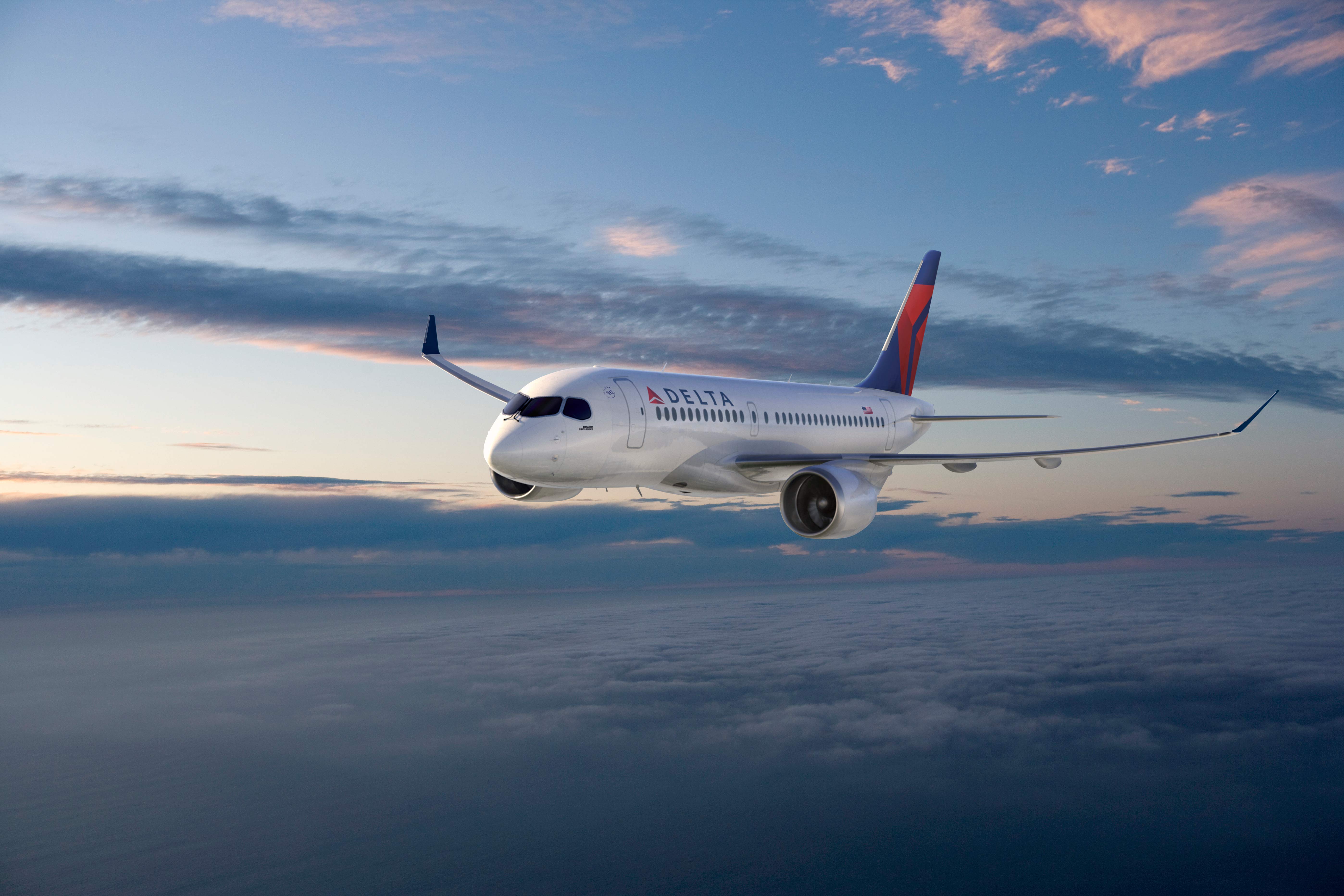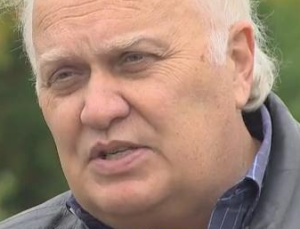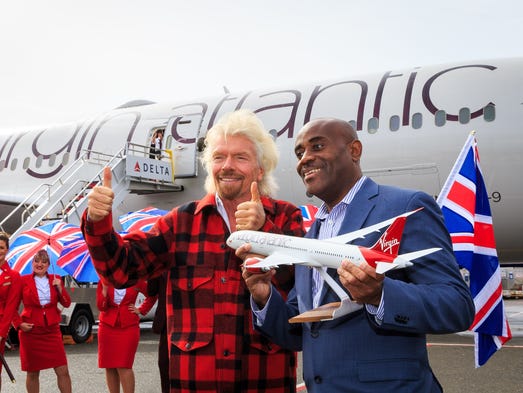Leeham News and Analysis
There's more to real news than a news release.
Pontifications: Measured comments and “useful” information
March 5, 2018, © Leeham Co.: Nothing is as frustrating to a journalist as interview a great subject who doesn’t offer up anything especially useful.
I had a brief sideline interview with one such person at the US Chamber of Commerce Aviation Summit 2018 last Thursday in Washington (DC). Great guy. Not much information.
Brad Tilden, CEO of Alaska Airlines, wasn’t going to be drawn into a discussion of two hot topics facing his carrier. Tilden had just come off an airline CEO panel, where he in his typical Boy Scout charm and enthusiasm opined about the state of the industry, praised the progress of the integration of Virgin America into Alaska and commented on a host of issues. But two topics didn’t come up.
I asked him about the competition vs Delta Air Lines in Seattle, where the two airlines are locked into a major market share battle. I also asked him about the fleet planning now that Alaska operates the Airbus A319, A320 and A321neo inherited from the acquisition of Virgin America. Alaska hitherto has been an all-Boeing 737 operator and recent, Ray Conner, former CEO of Boeing Commercial Airplanes and a good friend of Tilden, joined the Alaska board of directors.
Decision detailed (sort of) in Boeing-Bombardier price dumping case
June 27, 2017, © Leeham Co.: The US International Trade Commission (ITC) last week released its detailed decision to go forward with the Boeing complaint that Bombardier engaged in price dumping when it sold the CS100 to Delta Air Lines.
But for the outsider, the public document isn’t much help. It’s heavily redacted and left out all the good stuff that would allow an outsider to fully understand the reasoning the ITC voted 5-0 to send the case over to the US Commerce Department for further study and potential imposition of tariffs.

Delta Air Lines Bombardier CS100.
Pontifications: Branson gets pissy over dropping the Virgin America name

By Scott Hamilton
April 3, 2017, © Leeham Co.: Sir Richard Branson came to Seattle last week to promote the new service by Virgin Atlantic Airlines to London. In a hissy-fit, he promptly pissed on Alaska Airlines for the business decision to drop the Virgin America brand in 2019.
Alaska, of course, acquired Virgin America last year. The acquisition didn’t sit well with Branson, who nevertheless made out well in the deal.
Although Alaska officials said they would decide later whether to retain the Virgin brand, only those with wishful thinking gave any chance of this happening.

Richard Branson in Seattle for Virgin Atlantic’s new service to London. USA Today photo via Google.
Branson certainly knows this. In 1997, Virgin Group acquired the low fare carrier Euro Belgium Airlines for $60m and promptly dropped the name in favor of Virgin Express.
VE lasted only nine years; it ceased operations in 2006 when it was sold and merged into the new Brussels Airlines.
Branson’s whining over Alaska’s decision to operate the merged operations into the Eskimo’s image smacks of hypocrisy.
Let’s also remember that his Virgin Atlantic is 49% owned by Delta Air Lines, which is building a hub in Seattle in competition with Alaska. The fight between Alaska and Delta is sometimes bitter.
Branson’s criticism of Alaska might have as much to do with Virgin Atlantic’s partnership with Delta as it does his own bruised ego.
Pontifications: Boeing MAX 10, “797” NMA dominated ISTAT headlines

By Scott Hamilton
March 13, 2017, © Leeham Co.: The soft launch of the Boeing 737-10 and the prospective Boeing “797” Middle of the Market aircraft easily were the headline news items to come out of the annual ISTAT conference in San Diego last week.
The “797,” as the MOM-sector aircraft was unofficially dubbed, brought enthusiastic reaction.
The MAX 10, not so much.






History undermines Boeing claim of C Series impact: analysis
Analysis
Dec. 22, 2017, © Leeham Co.: Boeing blames a subsidized, price-dumped Bombardier C Series for the poor sales of the smallest member of the 737 family, the -700 and the 7 MAX, but history doesn’t support the claim.
The US Department of Commerce clearly ignored sales evidence that the 737-700 has been “done” for many years and the 737-7 MAX was an unattractive design
Boeing 737-7 MAX. Rendering via Google images.
that hasn’t been fixed with a redesign; airlines simply don’t want the airplane. Commerce levied tariffs amounting to 292% on C Series imported into the United States in the future.
The US International Trade Commission is currently awaiting post-hearing briefs from Dec. 18 testimony from Boeing, Bombardier, Delta Air Lines and other parties to determine whether Boeing suffered “harm” by the C Series deal with Delta and a near-miss with United Airlines.
If the ITC concludes Boeing suffered harm, the DOC tariffs stand. If not, the DOC action is moot. The loser at ITC is expected to appeal.
Read more
79 Comments
Posted on December 22, 2017 by Scott Hamilton
Airbus, Airlines, Alaska Airlines, American Airlines, Boeing, Bombardier, CSeries, Delta Air Lines, Leeham News and Comment, Lessors, Southwest Airlines, United Airlines
737-7, 737-700, 737-8, 737-800, AerCap, Air Lease Corp., Airbus, airlines, Alaska Airlines, American Airlines, Aviation Capital Group, Boeing, Bombardier, C Series, CS100, CS300, Deltas Air Lines, ILFC, Ilyushin Finance Corp., Macquarie Airfinance, Uniterd Airlines, WestJet